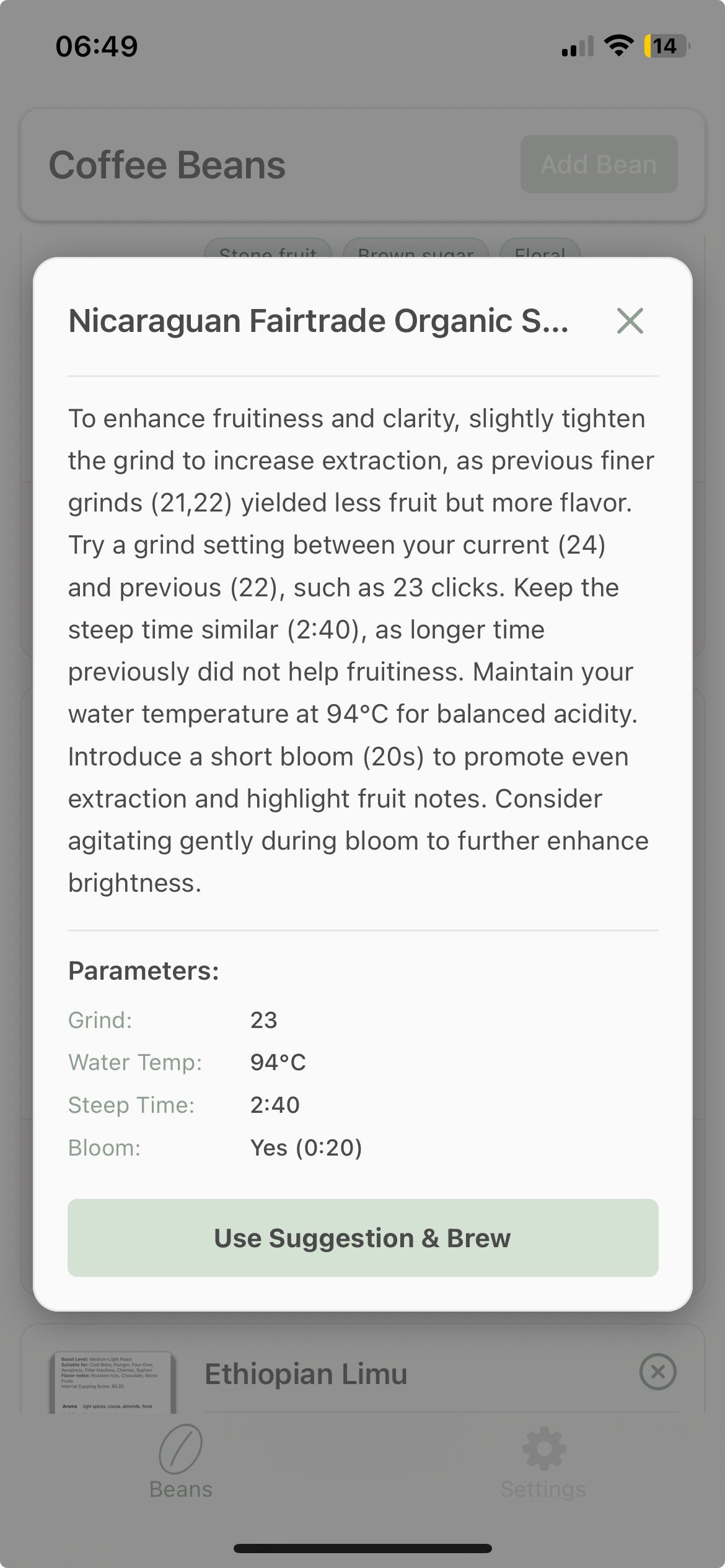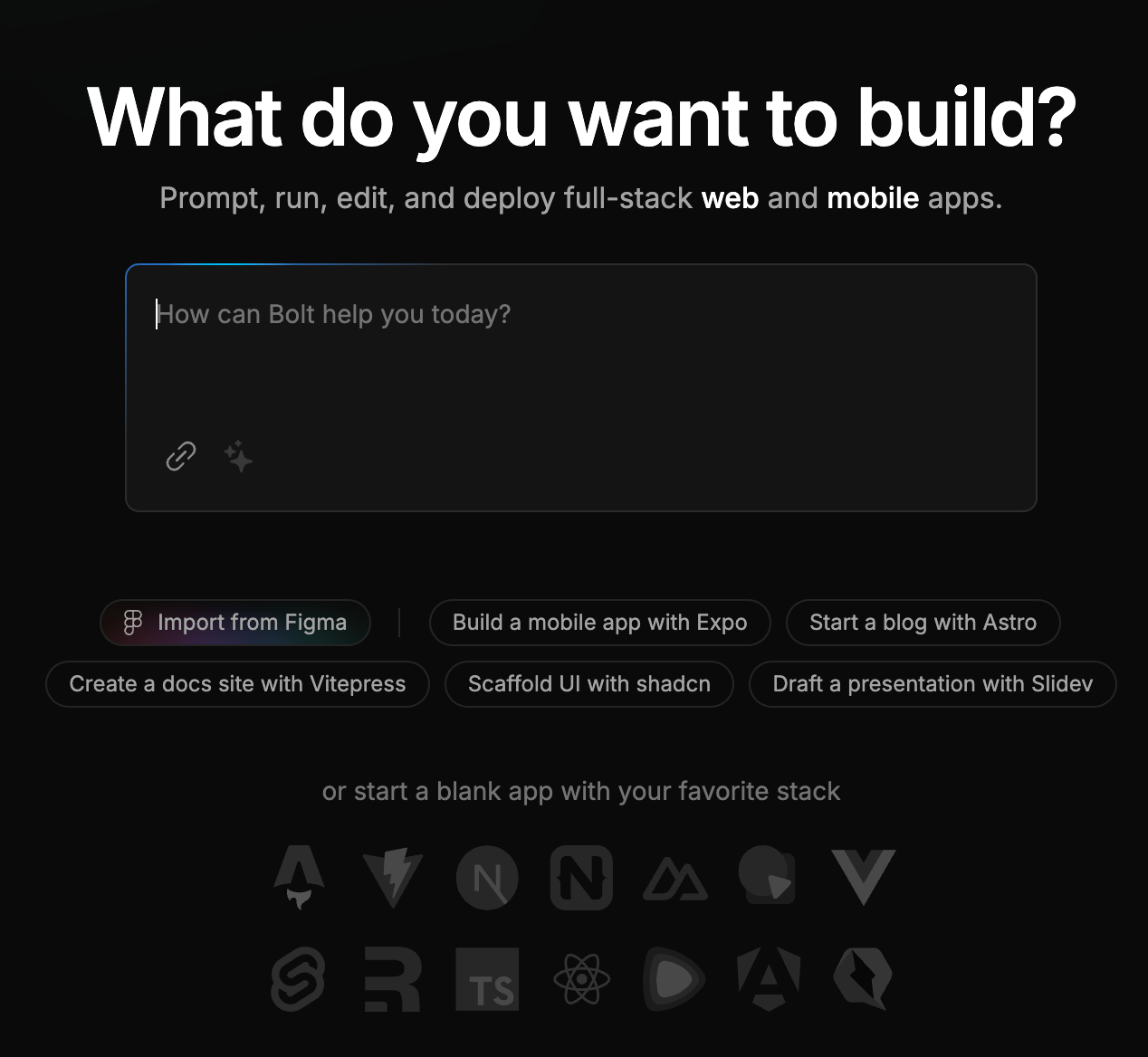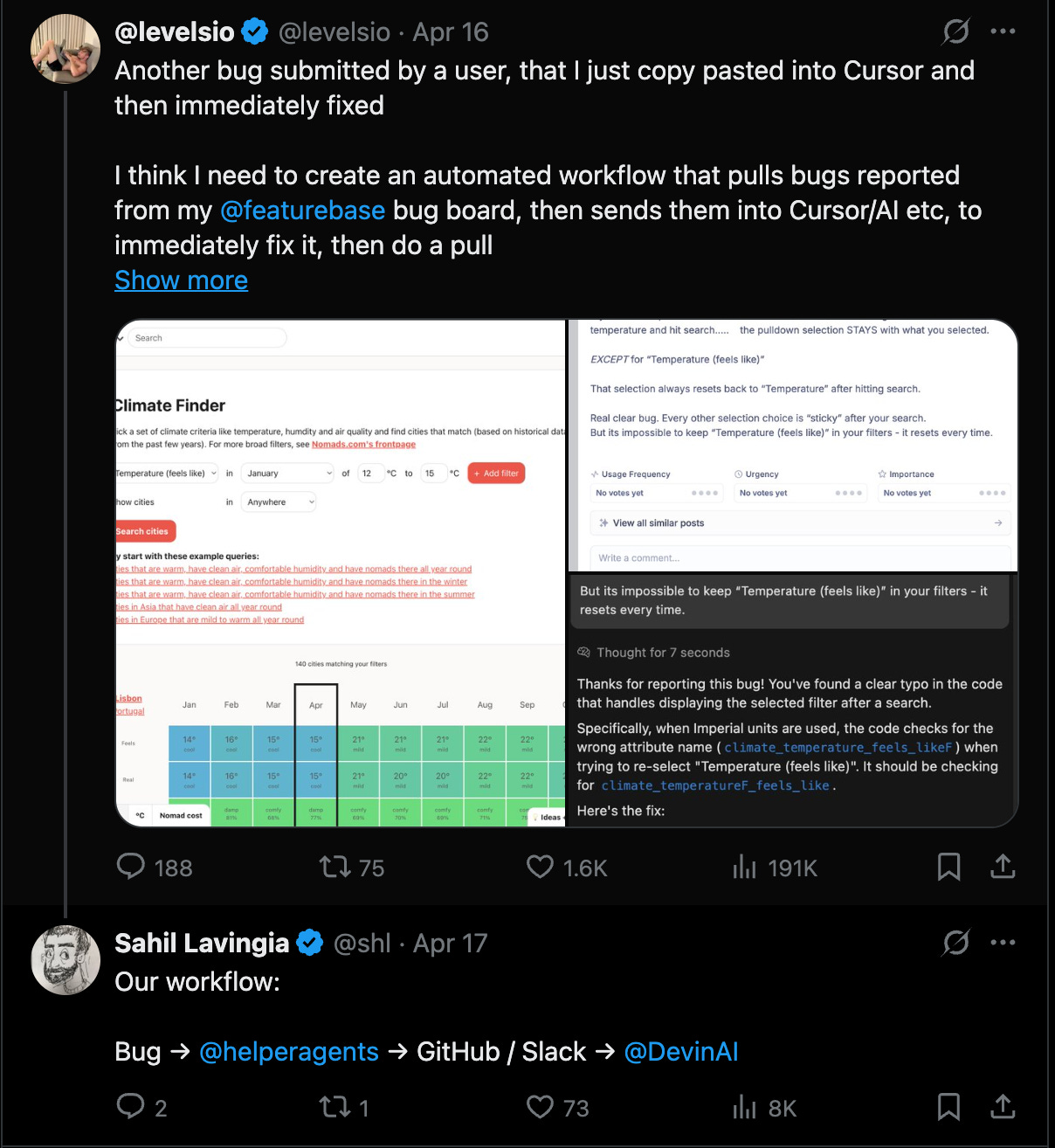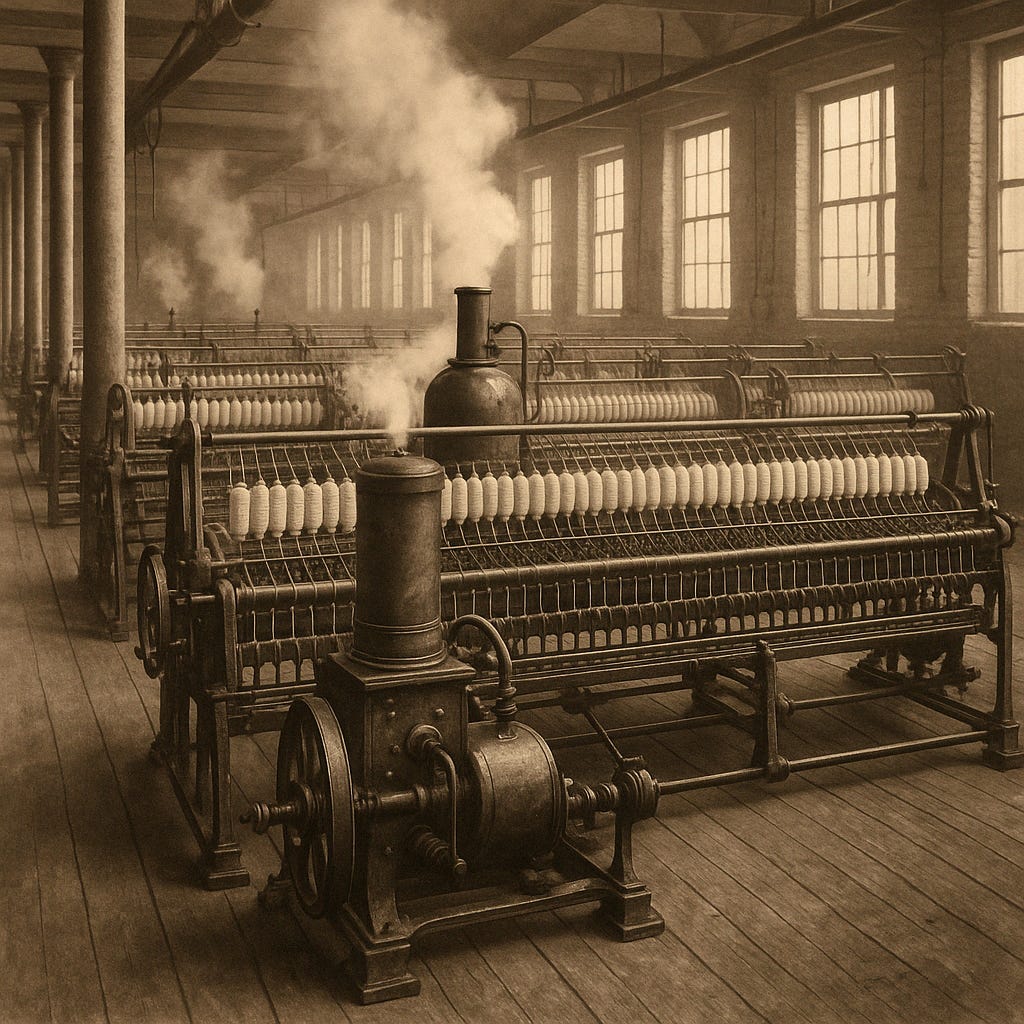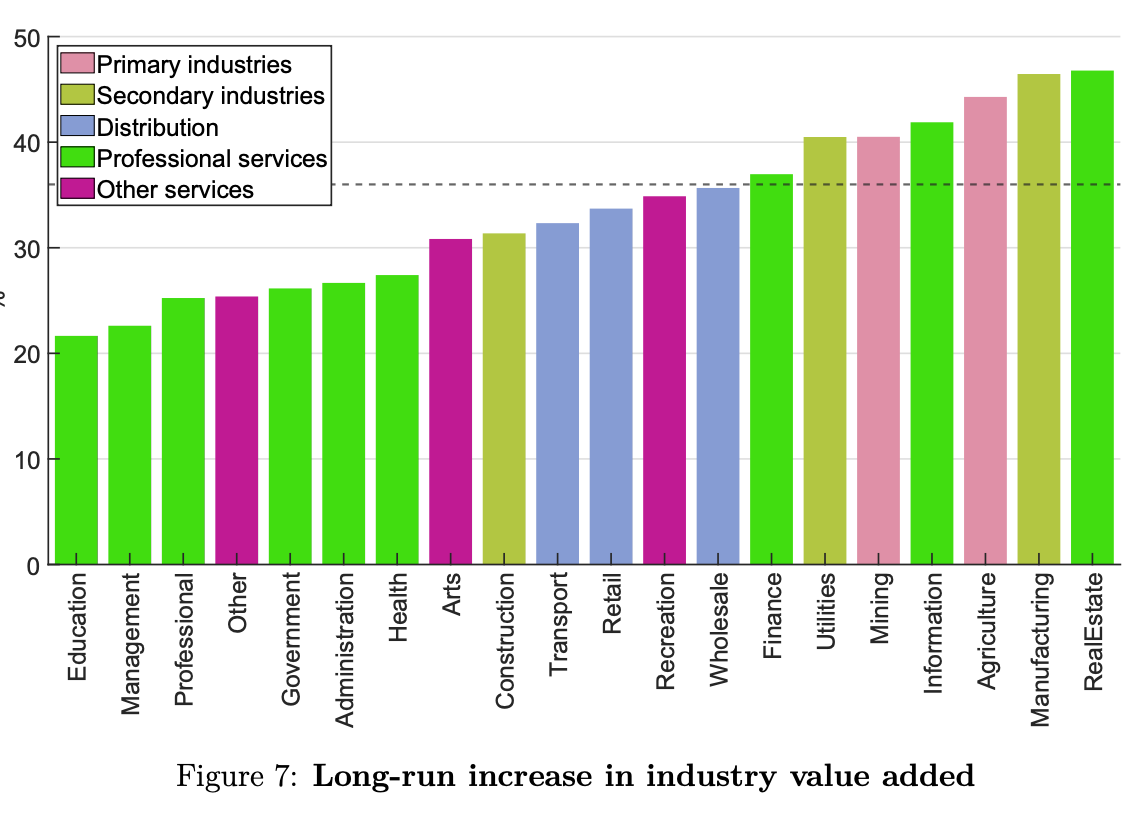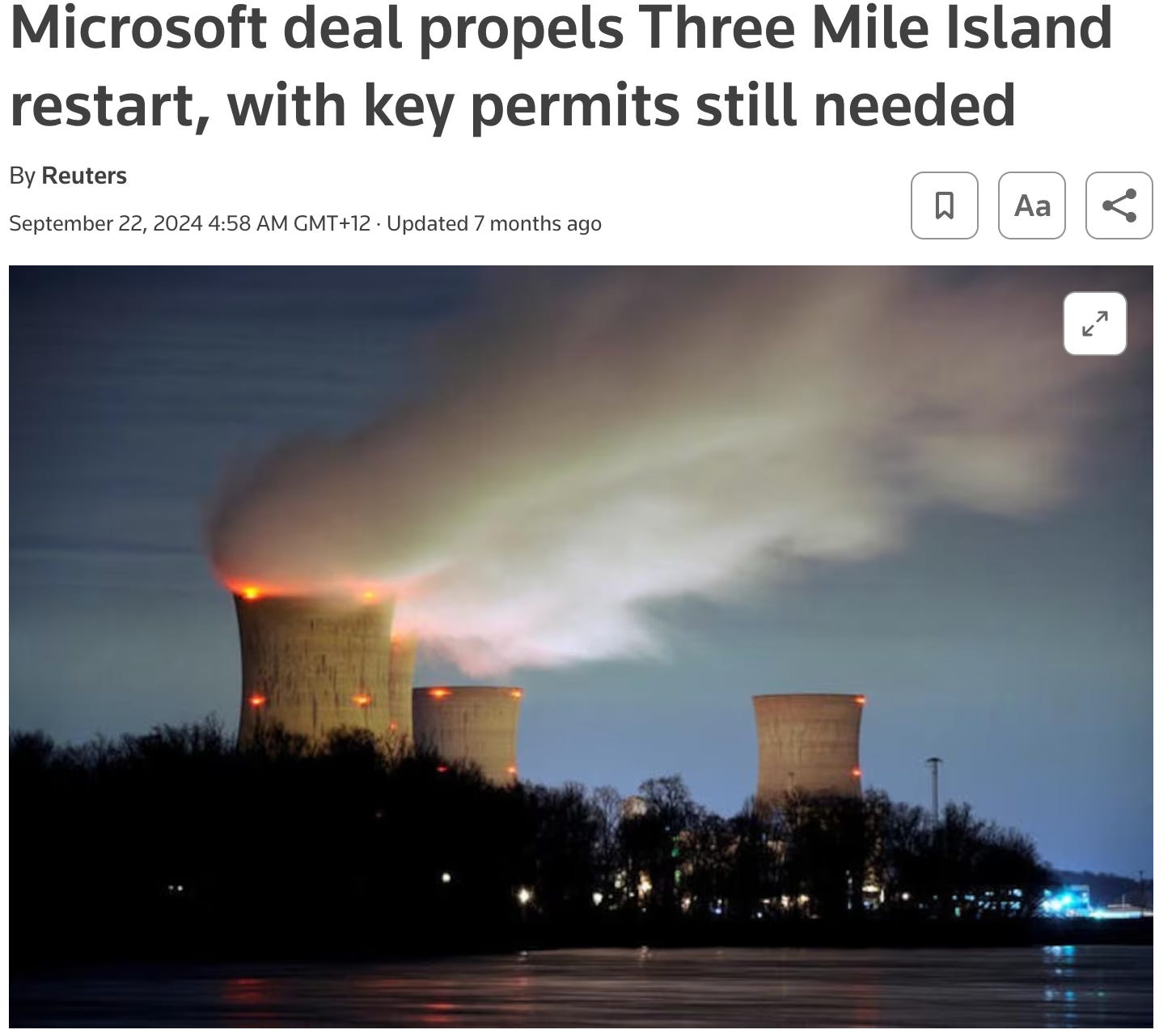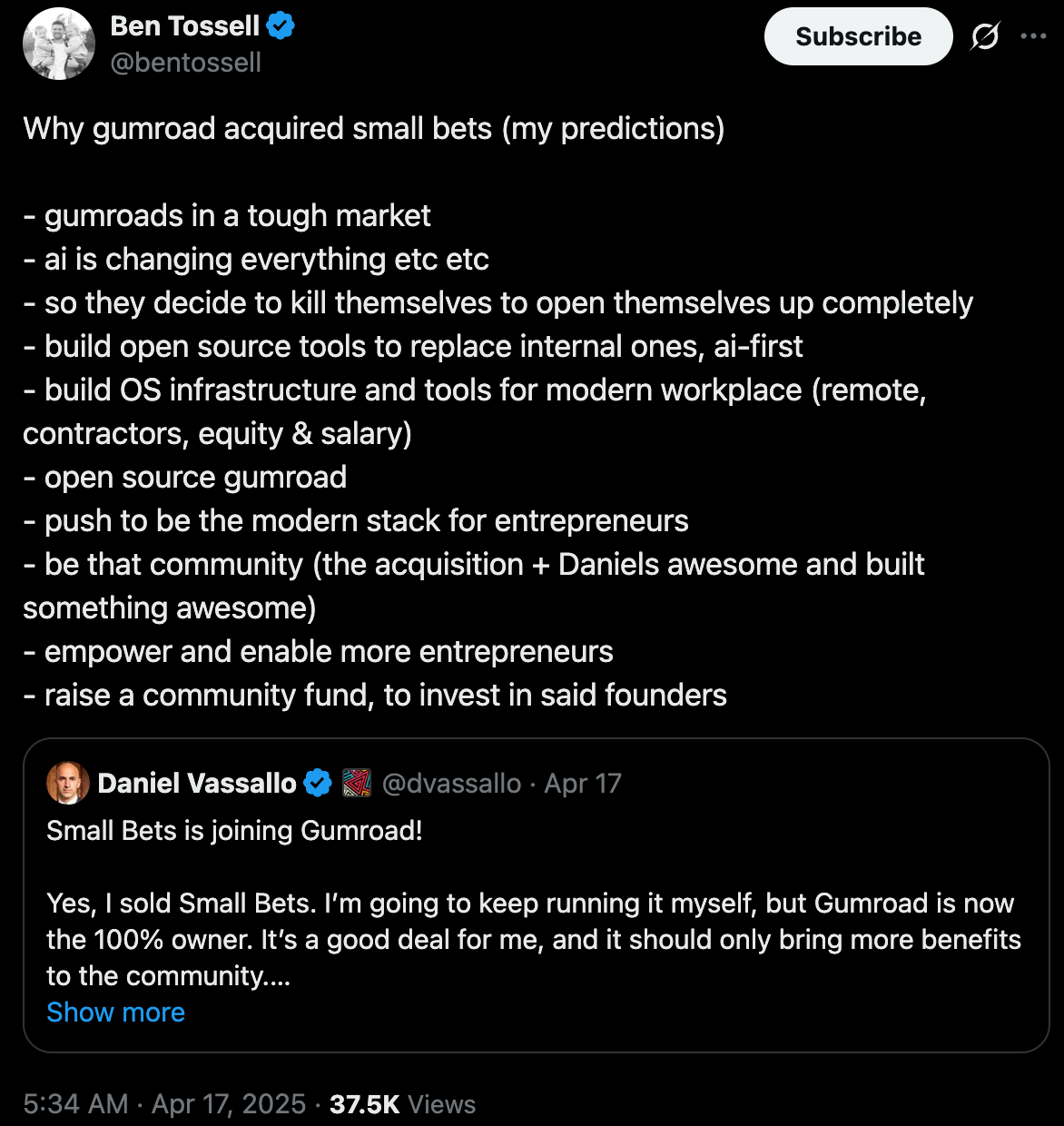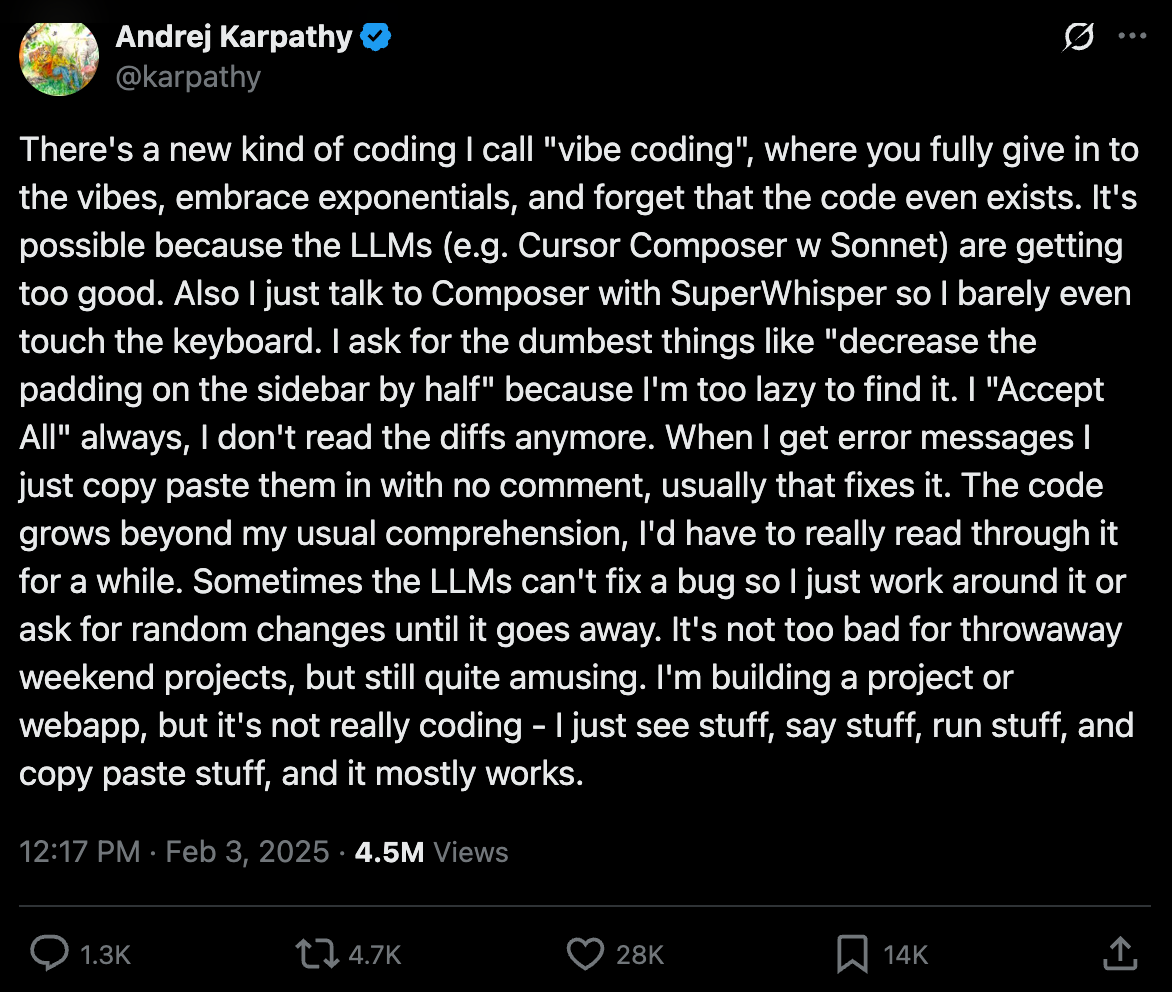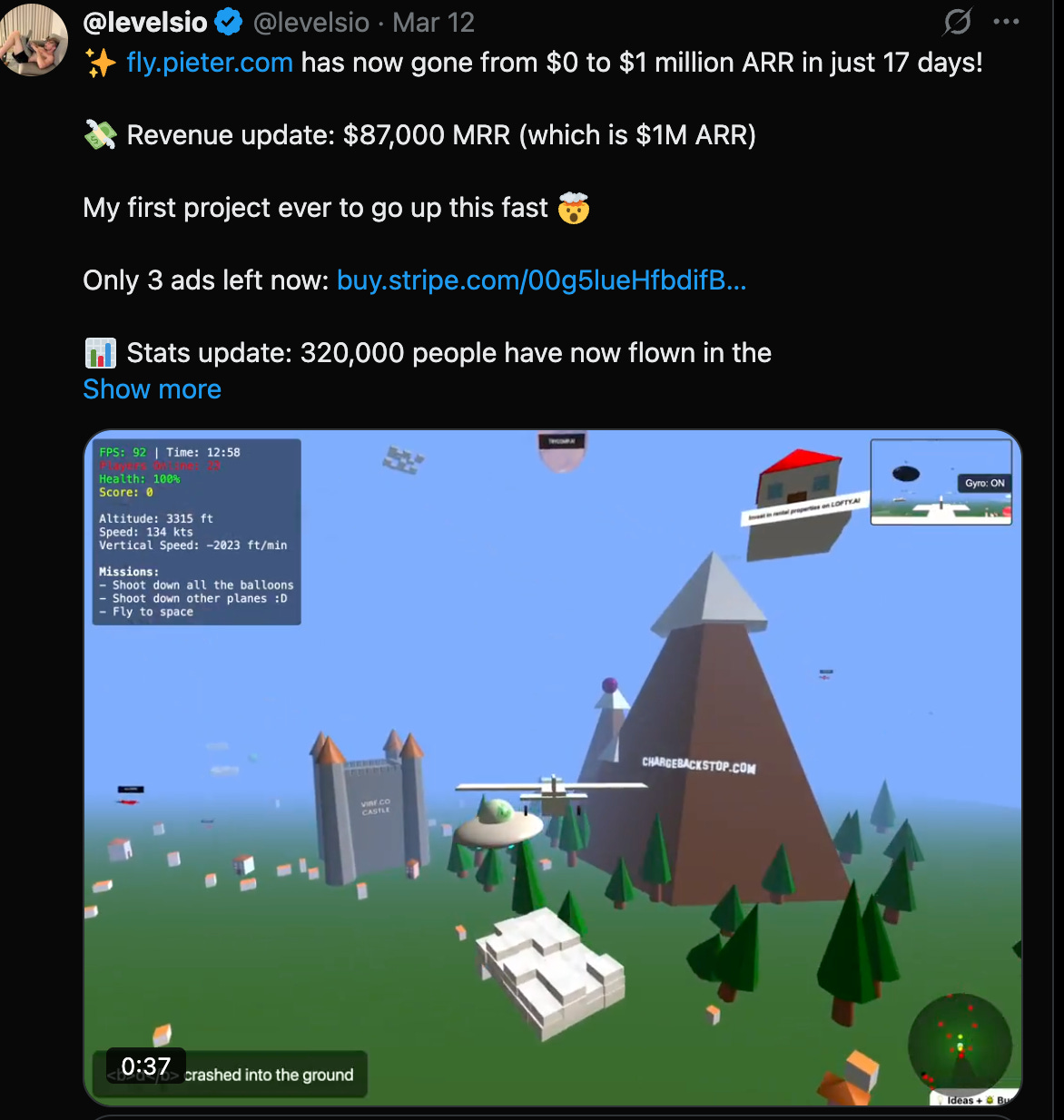Last week alone, I implemented several new features to Expense Sorted; I built a life calculator app for a post and an iOS mobile app to assist me in coffee brewing.
I researched some articles supported by ChatGPT, generated images and logos, reviewed contracts and summarised topics.
That would have taken me multiple weeks, if not months, about four years ago.
Thanks to AI, almost every profession is becoming more efficient. Software developers create code faster, designers design faster, and writers research faster.
This is great, and I love the progress, but I want to know where it will take us. If we are all getting faster at building and doing stuff, won't that bring down the cost of services such as software development?
Won't that lower the cost of ghostwriters, website builders, etc?
If you're in this industry, you face stronger competition (more supply as everyone completes projects faster). If demand stays the same, then prices go down.
Does that mean that as AI improves, we will head down some sort of deflationary death spiral for all industries unrelated to physical labour (robots aren't quite there yet)?
Everything Improved by AI
One thing is certain: we haven't been replaced yet. We are in an augmentation phase, with AI improving many aspects of our lives.
Cursor and Windsurf improve how we code and prototype complete apps, but you're unlikely to get an MVP to run if you don't know how to code.
QuickBooks and Xero are tinkering with improving their accounting software with AI, but we're far from replacing accountants.
ChatGPT image generation might be good for stock images and Ghibli fun, but I doubt it replaces a designer already.
The general theme is that we are moving fast but still enhancing and improving people's productivity.
I think the Pareto principle is useful here. You might reach 80% of the solution quickly with AI, but the remaining 20% can be incredibly hard to complete.
I built my first mobile app last week and got it up and running with all the basics in about an hour, prompting AI. However, getting it to an MVP stage where I could deploy it to my phone and use it took me a couple of days, and I had to do a bit of coding myself.
Tobi Luetke from Shopify knows this and is giving clear orders; new headcount is only approved if AI cannot solve a problem.
Build More Faster
Let's take software again. Thanks to AI, coding has become one of the strongest areas of improvement.
You can see this from the specific models that ChatGPT offers just for coding.
Or services such as Google's Firebase or Bolt.new, which let you build complete apps from a website.
Even with templates, an experienced dev would have taken a couple of hours or days to create something. Now, almost anyone can do it in just a couple of minutes.
Prototypes are cool, but what about real software?
I follow the same process when I build software.
It's now more about specifying and prompting what you want to do, and then testing/controlling that AI has created what you want.
A new idea can be turned into a product much faster, a bug can be fixed faster, and a feature can be implemented faster.
Cheaper
Let's say a developer's efficiency is doubled. He can do what used to take him 8 hours in 4 hours.
For a business, that means it can either double the growth of its software division by hammering out new features faster or cut the team in half and increase the margin.
There are lots of trickle-down effects of this. Say we are churning out double the amount of software, which then helps other businesses be more efficient and increase their margins.
If all businesses do this, it might lead to a vastly increased availability of software (supply increases). Again, if demand doesn't also go up, the price of software should go down.
As individual software developers, we should experience some sort of similar effect. Absent new demand, we'd just have a huge increase in supply, making all software cheaper. Ultimately, we would be paying developers less on average (or firing them).
Okay, this is the bearish case for software developers, but what if demand keeps this thing going? Let's compare it to the Industrial Revolution, when we started to automate things.
Back then, we produced clothing much faster, thanks to stuff like a steam-powered spinning mule, leading to factories producing more. However, due to competition, prices were also cut, and individuals were paid less as they didn't need all the individuals producing clothing anymore.
Sounds dramatic?
No, it worked out that we started to consume a lot more. Stuff got cheaper; people bought more. That got everyone more creative, producing stuff we hadn't thought about, and developing more jobs.
It might have been a temporary drop, but we then quickly adapted.
A recent working paper by the Bank for International Settlements found that AI-driven productivity growth, in the long run, raises output and incomes so much that it can increase overall consumption and investment.
With all the AI buzz, I can only imagine the energy required to meet the demand. I can't see this coming from Solar and Wind. Maybe it's time to get a nuclear engineering degree?
Be Flexible to Weather the Storm
Okay, things might change, and we might get paid less for some time.
But there will also likely be more demand emerging and new "industries" popping up with new things for people to do.
Here is where financial flexibility comes in. It's what allows people to adapt.
By that, I mean the ability to take some time off to start something, learn a new skill, or join a new interesting project. That's only possible if you have a little cushion to weather a storm and pivot to something new.
If you have that flexibility, you can focus on creativity. That might ultimately be what people do to figure out these new industries.
We are already seeing companies pivot and shift.
Gumroad, a platform for selling digital goods and services, seems to be pivoting towards AI agents for startups. This is very creative, and they seem to have the financial flexibility.
If you see your job or business impacted, be smart and move to more relevant fields.
Be More Creative
Have you heard of vibe coding?
Some people are sceptical here, and for good reason; this doesn't sound like the approach you want someone to take for the software that runs your billion-dollar manufacturing business.
I think this might just be the beginning of something new. Coding has gotten much easier, efficiency has increased, and developers are becoming more playful. At the same time, tech improves.
What will come out of this creativity? I have no idea, but I'm sure it will be more than browser-based flight games.
Current AI systems seem to struggle with creativity. Naturally, this is what we can do to stay ahead and what will likely lead to new fields emerging.
Don't get me wrong; creativity goes beyond flight games here. It will go into completely new territory, figuring out how people will interact with a whole network of AI systems in the future, how to solve any newly emerging problems, and how to use all the freed-up productivity for something else.
Be Ready
It is important to find new ways to solve old or newly emerging problems, just as with the Industrial Revolution, the Agricultural Revolution, or any other. Things might look grim, but new things always emerge.
It's a rethinking of our current approaches. I've been working on my Expense Sheets and services to improve things for a while, but I think it's time to change how we do this significantly.
How? I'm not sure. It might involve interacting with your finances through an AI voice agent who acts like an accountant and does everything for you, simply feeding your reports.
To be ready for what might be coming our way, we should use AI as much as possible and be flexible and ready to adapt.




